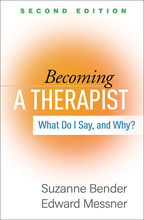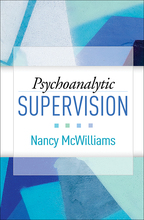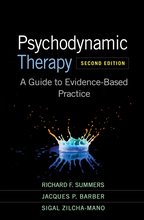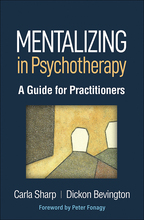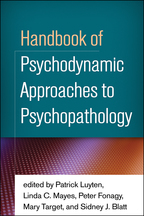Unorthodox Freud
The View from the Couch
Beate Lohser and Peter M. Newton
Hardcover
Hardcover
orderAugust 2, 1996
ISBN 9781572301283
Price: $49.00 241 Pages
Size: 6" x 9"
“Spanning the decades, this volume offers both a fascinating glimpse into Freud's consulting room and a series of intriguing and insightful perspectives on contemporary practice. The book makes clear that what has come to be called 'classical' technique bears little resemblance to what Freud actually did. In reintroducing us to the human being who sat behind the couch, the authors contribute to helping the next generation of analysts to liberate themselves from the invented orthodoxies that for many years obscured the true tenor of Freud's practice and constrained the spirit of innovation that was its essence.”

—Paul L. Wachtel, Ph.D., CUNY Distinguished Professor, City University of New York
“In Freud at Work, Lohser and Newton have given us the most complete and readable account of Freud's struggle to wisen up, if not heal, a fascinating sample of the first several generations of analytic patients. The book holds our attention like a good novel and is also a first-class short course in Freud's clinical theories as they played themselves out in the clashes of personalities that occurred in the world's most famous consulting room.”

—Charles Spezzano, Ph.D., Psychoanalyst and author of What to Do Between Birth and Death and Affects in Psychoanalysis: A Clinical Synthesis
“An impressive and illuminating addition to the burgeoning field of Freud scholarship and Freudiana. The authors examine the gulf between Freud's actual technique (and the theory of the nature of the curative process on which it is based) and the modern re-interpretations of it which have been codified as the 'basic model technique,' by exploring in detail the five extant book-length accounts of their analyses with Freud, written by Abram Kardiner, H.D., Joseph Wortis, John Dorsey, and Smiley Blanton. They demonstrate convincingly the one-sided interpretation of Freud's papers of technique, which led to the austere 'modern' model of psychoanalysis that has departed so radically from Freud's actual techniques, as displayed so revealingly by the accounts of these five analysts. Important reading for everyone interested in the historical evolution of psychoanalysis as theory and technique and theory of technique.”

—Robert S. Wallerstein, M.D., Past President, American Psychoanalytic Association; Past President, International Psychoanalytical Association
—Paul L. Wachtel, Ph.D., CUNY Distinguished Professor, City University of New York
“In Freud at Work, Lohser and Newton have given us the most complete and readable account of Freud's struggle to wisen up, if not heal, a fascinating sample of the first several generations of analytic patients. The book holds our attention like a good novel and is also a first-class short course in Freud's clinical theories as they played themselves out in the clashes of personalities that occurred in the world's most famous consulting room.”
—Charles Spezzano, Ph.D., Psychoanalyst and author of What to Do Between Birth and Death and Affects in Psychoanalysis: A Clinical Synthesis
“An impressive and illuminating addition to the burgeoning field of Freud scholarship and Freudiana. The authors examine the gulf between Freud's actual technique (and the theory of the nature of the curative process on which it is based) and the modern re-interpretations of it which have been codified as the 'basic model technique,' by exploring in detail the five extant book-length accounts of their analyses with Freud, written by Abram Kardiner, H.D., Joseph Wortis, John Dorsey, and Smiley Blanton. They demonstrate convincingly the one-sided interpretation of Freud's papers of technique, which led to the austere 'modern' model of psychoanalysis that has departed so radically from Freud's actual techniques, as displayed so revealingly by the accounts of these five analysts. Important reading for everyone interested in the historical evolution of psychoanalysis as theory and technique and theory of technique.”
—Robert S. Wallerstein, M.D., Past President, American Psychoanalytic Association; Past President, International Psychoanalytical Association


